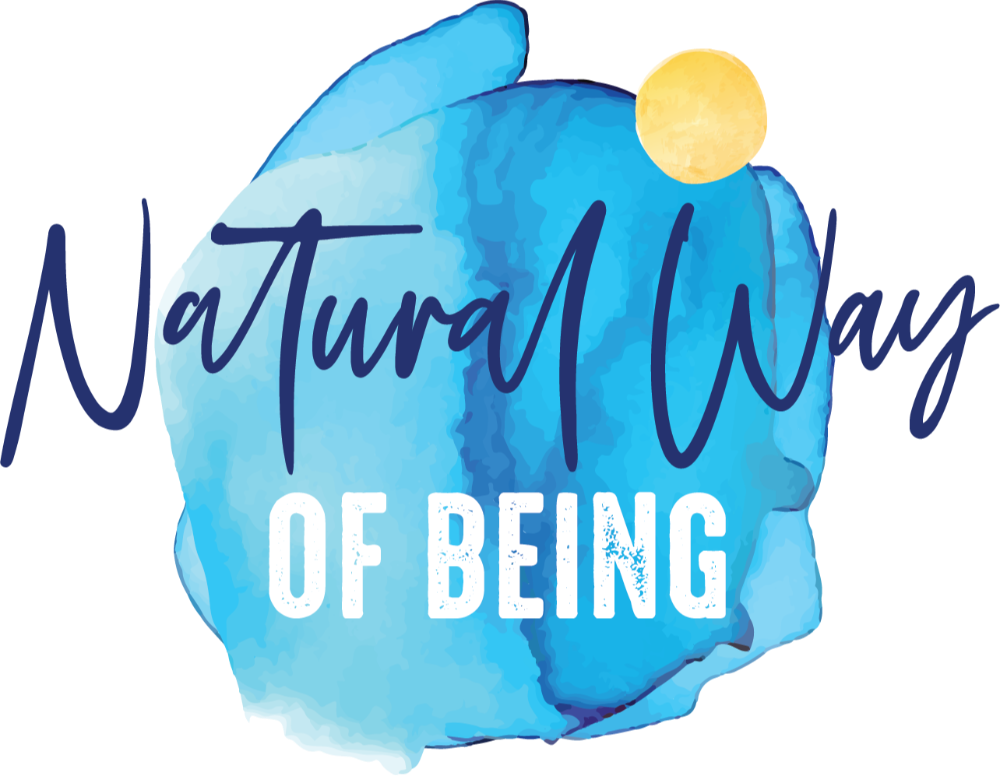
An Argument with the Way Things Are
Jan 16, 2014Buddhism clearly identifies attachment as the thing that prevents us from being free. The pattern I have been noticing in myself and my clients is that attachment almost always stems from needing something to be something it is not. We become attached to things being the way we need them to be.
Then we typically rail against the way things are. Spiritual teacher, Adyashanti aptly calls this “an argument with the way things are.” And this is a disagreement we are destined to lose. And beyond the argument, what we ultimately lose is our freedom and presence of mind.
I recently sent a Facebook message to Amazon informing them that their checkout system had gotten terrible. In retrospect, while I believe I had some valid points, I got pretty fired up (or attached) to something that is very likely going to stay the way it is. It was wasted time and energy. In five minutes, I could have figured out the way Amazon’s checkout was and placed my order. But no, I had a point to make. I had to tantrum against Amazon for not making their checkout the way I thought it should be. In various ways, we do this all the time.
The obvious alternative is to allow things to be as they and then to flow (like water) to where you want to be. I say like water because water always follows the path of least resistance. It does not tantrum against the rock, but flows around it. Once we accept things the way they are, we are able to see the way to get where we want to be.
So when we bump into something that is not as we believe it should be, we get a choice. We can argue with the way it is. Or, we can say to ourselves, “Damn, I wish it wasn’t that way, but being that it is, how can I get where I want to be?”
Photo by kazuend


